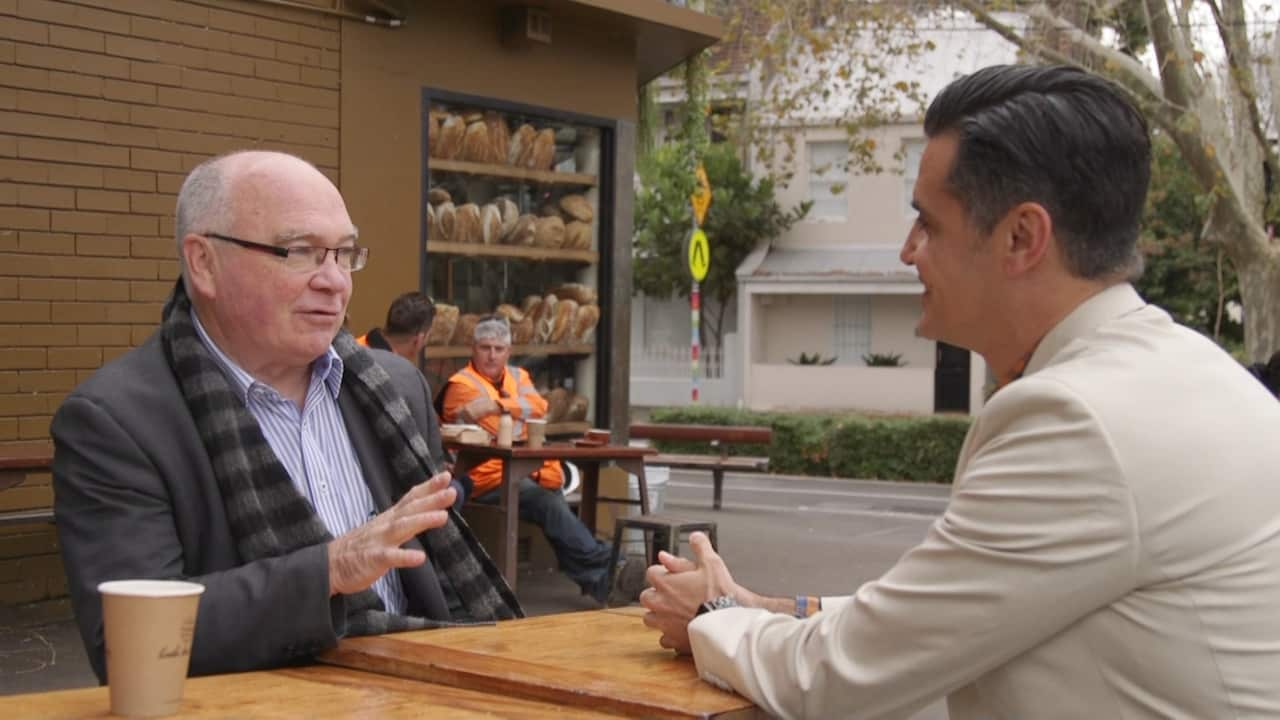The recent federal election has seen the small business portfolio being shifted from the Cabinet to the outer Ministry, causing concern within the small business sector.
Prime Minister Turnbull justified this decision by assuring that all ministers in cabinet are ministers for small business.
Peter Strong, CEO of the Small Business Council of Australia (COSBOA), believes otherwise. “It says a couple of things. It says not that long ago, those 23 Ministers didn’t care about small business – that’s a worry. We need someone in Cabinet now."
However, Strong is certain small businesses will still be in the government's focus with Nationals MP Michael McCormack taking the helm of the small business portfolio, and other frontbenchers standing up for the SME sector.
“The positive side is the National party – Barnaby Joyce – demanded for a small business portfolio. So that’s good. If someone demands our portfolio, that means they really do value us.”

Peter Strong has a coffee with Ricardo Goncalves in Sydney's Surry Hills. Source: Supplied
He also adds that other Ministers have shown support for small business. “We’re not as upset about it as we might be, only because we’ve got people in Cabinet who get small business – Matthew Canavan, Kelly O’Dwyer, and [Scott] Morrison himself have been supporting these sort of things,” Strong says.
Issues with the small business portfolio aside, Strong says government policy has so far been monumental in easing small business concerns, particularly in their proposal to lift the small business threshold from $2 million to $10 million. This picks up another 80,000 businesses that can receive the $20,000 asset write-off.
Going digital
The digital shift has changed the way small businesses interact with customers. Digital media has added another avenue for advertising and marketing, however can add that extra pressure. Strong suggests it’s best for small businesses to focus on the social media platforms that work best for their business, rather than spreading themselves thin across the digital space.
Strong says, “We’ve got a lot more ways of communicating with customers than we’ve ever had before. For a small business, a lot of consultants would come and say, ‘you need to use Facebook’ and this and that – you can’t use them all. It makes no sense to use them all, so you find the one that works for you.” The digital age also means small businesses can afford to be innovative in the way they operate. There's lower risk than ever before to invest in marketing via digital means.
The digital age also means small businesses can afford to be innovative in the way they operate. There's lower risk than ever before to invest in marketing via digital means.

Some businesses are using popular mobile app Pokemon Go to lure customers. Source: Supplied
However, businesses can’t afford to innovate if their cashflow isn’t steady. It’s one major concern the government is trying to assist with, however, this issue is more often than not in the hands of big corporations.
“Late payments – Australia is the worst in the world when it comes to paying invoices on time – worse than Mexico. How did that happen? It happened because culture in Australia was built around the control by a few big businesses who were able to pay late,” says Strong. “It’s an inhibitor to innovation, because if you’ve got a really good idea but you’re not being paid for what you’ve done, it’s hard to innovate. It has an effect, without a doubt, on the health of the small business, mental health, physical health.”
“It’s an inhibitor to innovation, because if you’ve got a really good idea but you’re not being paid for what you’ve done, it’s hard to innovate. It has an effect, without a doubt, on the health of the small business, mental health, physical health.”

Without proper cashflow, businesses can't innovate. Source: Supplied
Want to find out the secret to small business success? Tune into #BizSecretsSBS at Sundays 5pm on SBS, stream on , or follow us on , or .




